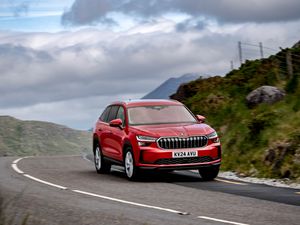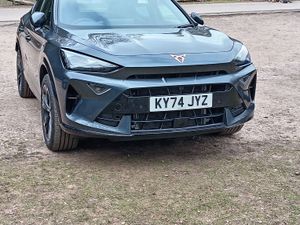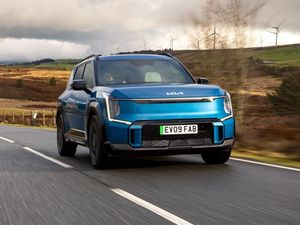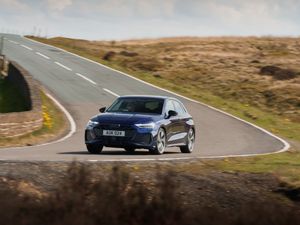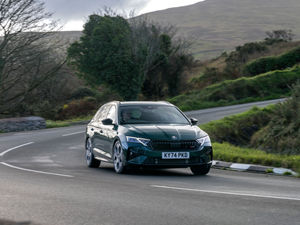Long-term report: Mixed feelings as our Vauxhall Grandland X departs
Tom Wiltshire waves goodbye to our Vauxhall Grandland X — but it’s no tearful farewell
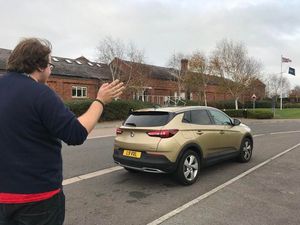
I’ve met a fair bit of opposition to my criticism of the Vauxhall Grandland X. Colleagues and family members have accused me of being mean, saying “It’s really not that bad”, and there’s a sense that bad-mouthing what is, in essence, a free car is somehow taboo.
And it’s true that during its six months with us the Grandland hasn’t proved overly offensive. In fact, it’s actually pretty difficult to pinpoint any major problems with it – other than a dodgy fuel gauge and brake issue which, to be fair, could occur on any car and didn’t really prove too much hassle to fix.
The issues come when you start looking at the competition. A car can only be best judged against what’s available elsewhere – especially in the ultra-competitive family SUV sector, where purchases need to be made with the head as well as the heart. And against the competition, the Grandland falls flat in my eyes, as it’s just not up to the standard of other brands in some crucial areas.
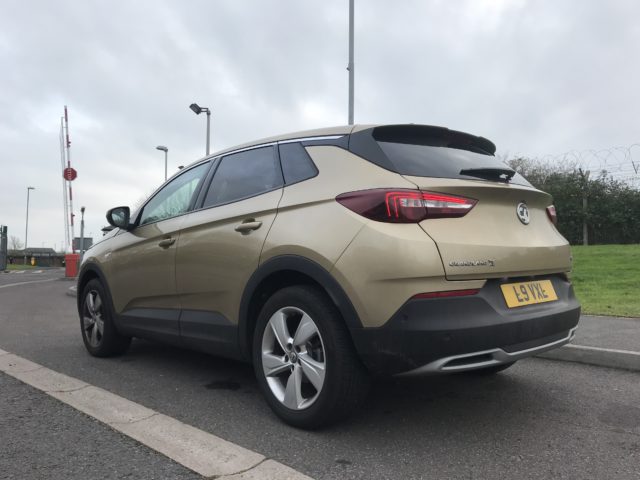
Let’s take a look around the competition. First, we’ll keep it close to home with the mechanically identical Peugeot 3008. These two cars are both based on the PSA Group’s EMP2 framework and should be pretty similar in every respect. But the Peugeot looks better, has a far superior interior and somehow – despite the mechanical similarities – drives better too.
Moving on and the Volkswagen Group has two offerings that put the Grandland in the shade. The Skoda Karoq and Seat Ateca virtually match the Grandland for price and offer greater dynamics, more space, more comfort and more sophisticated tech. They’ve also got a feeling of solidity and a little more badge prestige.
Then there’s the ever-popular Nissan Qashqai, showing its age but retaining a strong reputation for a good drive and painless ownership. And if the Nissan doesn’t take your fancy, you could opt for the mechanically identical Renault Kadjar.
The Ford Kuga is better to drive. The Kia Sportage has a seven-year warranty. The Mazda CX-3 feels like a sports car in comparison – the list goes on.
So why would you opt for the Grandland X? There are a couple of reasons I can think of. The first is that, despite the threat of closure for many dealers, the Vauxhall network is still massive – you’ll be able to find a dealer to buy and service your car with ease.
Then there’s equipment. Our Sport Nav model weighs in at £28,175 – around the same as a Peugeot 3008 GT Line. But for that price there’s all sorts of kit that the Peugeot misses out on – heated seats, keyless entry and an electronic boot lid. That’s the standard equipment, but Vauxhall’s managed to put a fair few options on and still remain cheaper than the Peugeot – including really premium touches such as wireless charging, a heated windscreen, heated rear seats and steering wheel, a panoramic glass roof, plus LED headlights.
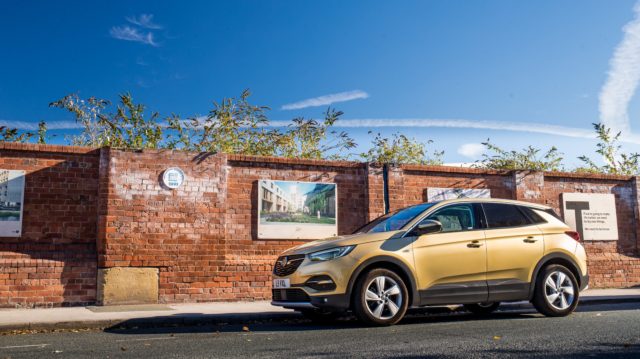
So does the Grandland have the chops to be a hidden bargain? Potentially. After all, if you find a car cheap enough, a multitude of sins can be forgiven. And it’s true that Vauxhall’s known for offering generous discounts on its cars – we found some delivery-miles Grandlands online for under £16,000, which is seriously tempting for such a big vehicle.
For many people, cheap and well equipped is good enough, and I suspect that’s why I’ve seen a fair number of Grandlands out on the roads. Tellingly, though, I’ve not seen another in our Golden Sunstone paint colour – thank goodness.
However, it wasn’t with too much sadness that I waved the beige Vauxhall off. As someone who enjoys driving, appreciates the interior of a car as much as the exterior and has no real sense of patriotism when it comes to buying vehicles, it’s not a car that particularly grabs me. I just hope that future products from the Vauxhall/PSA alliance, such as the future Corsa, Astra and Insignia replacements, don’t fall into mediocrity quite so badly as the Grandland X has.

